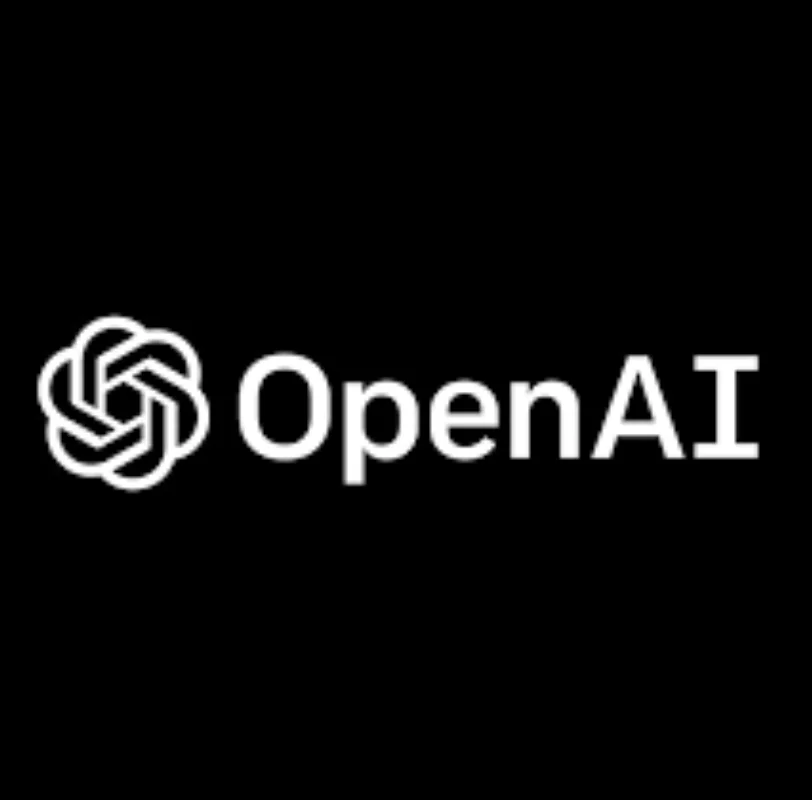Morgan Stanley has officially initiated the generative AI era on Wall Street. According to a memo obtained by CNBC, the bank is set to announce on Monday that the assistant developed with OpenAI’s latest generative AI software is now “fully live” for all financial advisors and their support staff.
“Financial advisors will always be the center of Morgan Stanley wealth management’s universe,” Morgan Stanley co-president Andy Saperstein said in the memo. “We also believe that generative AI will revolutionize client interactions, bring new efficiencies to advisor practices, and ultimately help free up time to do what you do best: serve your clients.”
Wall Street Revolution with GPT-4 AI Assistant
In March, Morgan Stanley sent shockwaves through the financial industry when a company announcement revealed their collaboration with OpenAI’s GPT-4 technology, unveiling an innovative assistant. While competitors such as Goldman Sachs and JPMorgan Chase have also unveiled projects rooted in generative AI technology, Morgan Stanley is at the forefront of innovation. According to Jeff McMillan, the Head of Analytics, Data, and Innovation at Morgan Stanley Wealth Management, who was interviewed by CNBC today, the distinction lies in the fact that Morgan Stanley is the very first major Wall Street firm to deliver a tailor-made solution based on GPT-4 directly into the hands of its employees. This bold move underscores their commitment to pioneering AI-driven advancements within the financial sector, setting a new standard for technological innovation in the industry.
Know as the Morgan Stanley AI Assistant, this cutting-edge tool provides financial advisors with rapid access to the bank’s extensive “intellectual capital,” which encompasses a repository of approximately 100,000 research reports and documents, as revealed by McMillan during a recent interview.
Through its capacity to streamline inquiries about markets, offer recommendations, and facilitate internal processes, the AI assistant is a time-saving marvel. By alleviating the workload of advisors and customer service staff in these areas, it empowers them to devote more quality time to meaningful client interactions and engagement.
Plain Text Interface
Despite its unassuming appearance as a plain text interface, the true challenge lay in ensuring that the program consistently generated high-quality responses, as noted by McMillan. The bank invested months of meticulous effort in curating documents and engaging human experts to rigorously evaluate the system’s responses.
An adjustment that advisors must make is the requirement to articulate their questions in full sentences, mimicking a conversation with a human, rather than relying on isolated keywords, as one might do when conducting a search engine query. McMillan highlighted this shift in communication style.
“No different than how I would ask you a question, that’s how you talk to this machine,” said McMillan. “People are not accustomed to that.”
This marks the initial installment in an ongoing array of generative AI-driven solutions envisioned by the bank, as outlined by McMillan. In parallel, the company is currently in the testing phase of a tool named “Debrief,” designed to autonomously condense the content of client meetings and generate follow-up emails.
Engaging with OpenAI software demanded a fundamentally altered approach compared to previous technological challenges, he emphasized. OpenAI’s ChatGPT relies on the utilization of large language models, referred to as LLMs, to generate responses that closely mimic human language when answering questions.
“Window of Opportunity”
“The traditional way in which you would solve those things is you would write code,” said McMillan. “In the new world, you give examples of what ‘good’ looks like, and the system learns what good is. It’s actually able to ‘reason’ and apply logic that a human would apply.” I’ve never seen anything like this in my career, and I’ve been doing artificial intelligence for 20 years,” he added. “We saw a window of opportunity that was just completely disruptive, and I think as an organization, we didn’t want to get left behind.”
The wave of excitement and anticipation surrounding the realm of artificial intelligence (AI) has had a profound impact on the stock market throughout the course of this year. This fervour has been so palpable that it has compelled entire industries to grapple with the far-reaching implications of AI, sparking intense debates and discussions across boardrooms and research laboratories. In fact, this growing enthusiasm and the ongoing advancements in AI have prompted a significant number of experts and thought leaders to boldly proclaim it as the next foundational technology that will fundamentally reshape the landscape of our technological and economic future.






